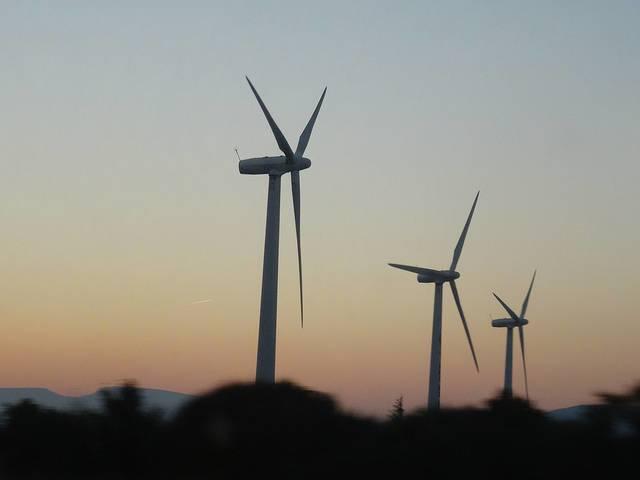
France is moving forward on renewables, as the European Commission has approved a plan for Europe’s second-largest economy to contribute another 17 gigawatts (GW) of clean power to its infrastructure. If this plan comes to fruition, France could almost double its combined current wind and solar power capacity.
And that decision dwarfs the Commission’s approval earlier this year of a request from France to add about 2.6 GW of renewables, mostly from solar and hydropower. Known during the postwar era for De Gaulle and nuclear, France is embarking on the path of Macron and renewables.
This is a huge step for France, which has long viewed nuclear power as part of its identity, sovereignty and industrial might; however, the nation’s energy portfolio is shifting. For decades, the country has generated about three-quarters of its electricity needs from its 58 reactors. But as is the case with much of Europe’s nuclear power infrastructure, many of those plants are aging. Add the cheaper cost of renewables, plus the EU’s mandates to boost production of power from sources such as wind, solar and biomass, and France’s energy mix will change regardless of politics or sentiment.
According to the United Nation’s climate action program, the projects will cost $1.1 billion (€1 billion) and will include 15 GW of offshore wind installations – with each individual wind farm rather small, as no facility will have more than six turbines. By comparison, the latest wind farm to launch in the North Sea will produce 600 MW of power from 150 turbines.
In complementing those efforts, France has pledged to build small-scale solar installations that in total will result in approximately 2.1 GW of additional power capacity upon their completion. A small project that will harness sewage gas to create 160 MW of power is the final piece of this clean energy investment package.
This latest move, along with other clean power investments announced over the past year, will be critical to France’s commitment to source 23 percent of its energy from renewables by 2023. Currently that statistic stands at approximately 11 percent, and most of that electricity is sourced from hydropower. Hence the country of 67 million, its government and private sector do not have the luxury of time to meet those goals. According to the most recent surveys, the country’s current renewables capacity stands at approximately 10.7 GW of onshore wind power and 6.2 GW of electricity from solar.
France's change in how it generates energy should continue with the new presidential administration set to take power this Sunday. Indeed, the vast majority of French citizens wish to rid themselves the memory of outgoing President François Hollande. Eventually, however, when they look back - in the event that France’s energy transition succeeds - they will remember that Hollande’s administration laid the foundation for nudging France to incorporate more renewables into its energy infrastructure. Look for this plan to accelerate, as Hollande’s former economic minister and presidential successor, Emmanuel Macron, has been bullish on renewables. He has made the doubling of France’s current clean energy capacity by 2022 one of his priorities, and has said that climate scientists are welcome to come to France and continue their research if they no longer feel welcomed in the U.S.
Image credit: Jeanne Menjoulet/Flickr

Leon Kaye has written for 3p since 2010 and become executive editor in 2018. His previous work includes writing for the Guardian as well as other online and print publications. In addition, he's worked in sales executive roles within technology and financial research companies, as well as for a public relations firm, for which he consulted with one of the globe’s leading sustainability initiatives. Currently living in Central California, he’s traveled to 70-plus countries and has lived and worked in South Korea, the United Arab Emirates and Uruguay.
Leon’s an alum of Fresno State, the University of Maryland, Baltimore County and the University of Southern California's Marshall Business School. He enjoys traveling abroad as well as exploring California’s Central Coast and the Sierra Nevadas.














